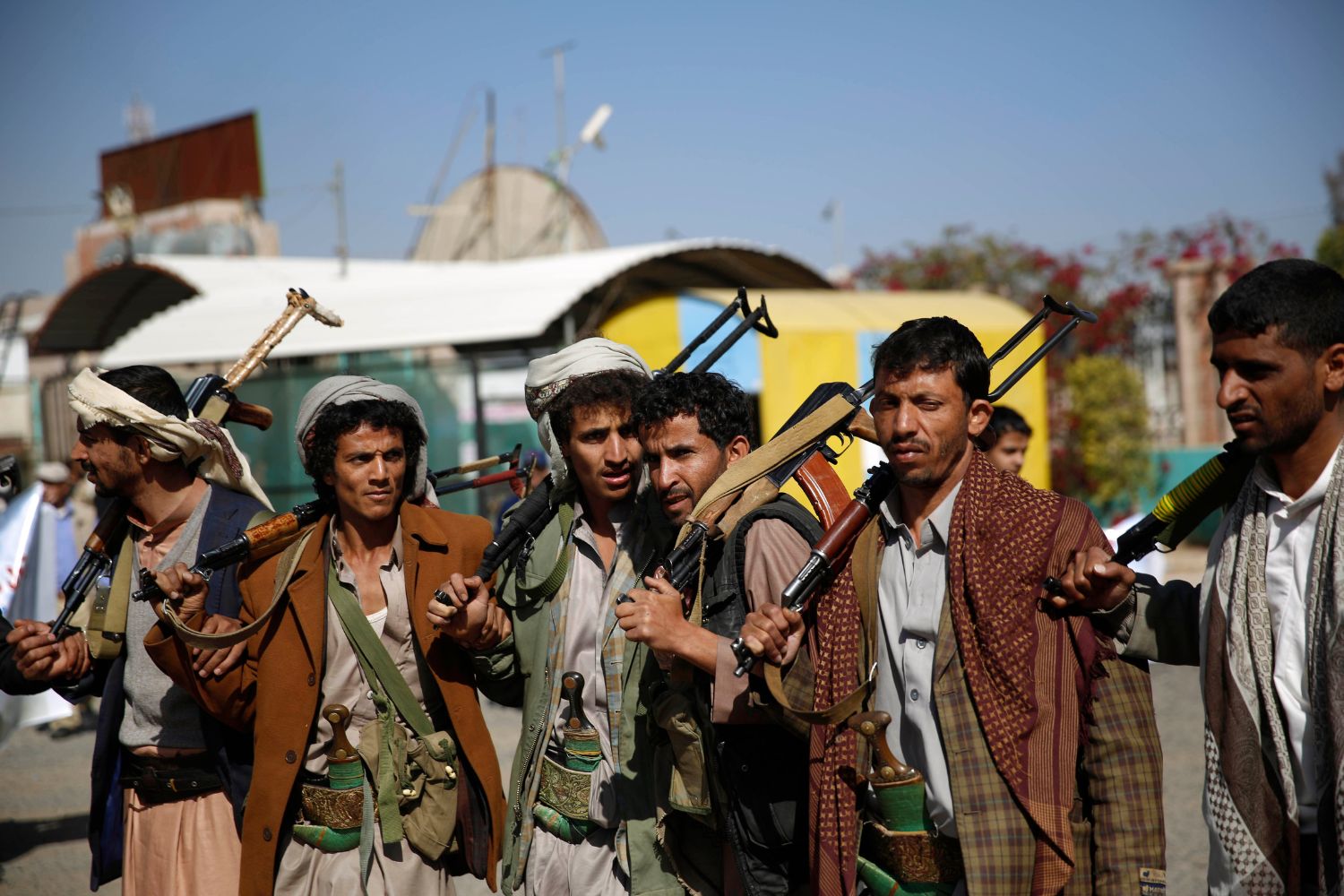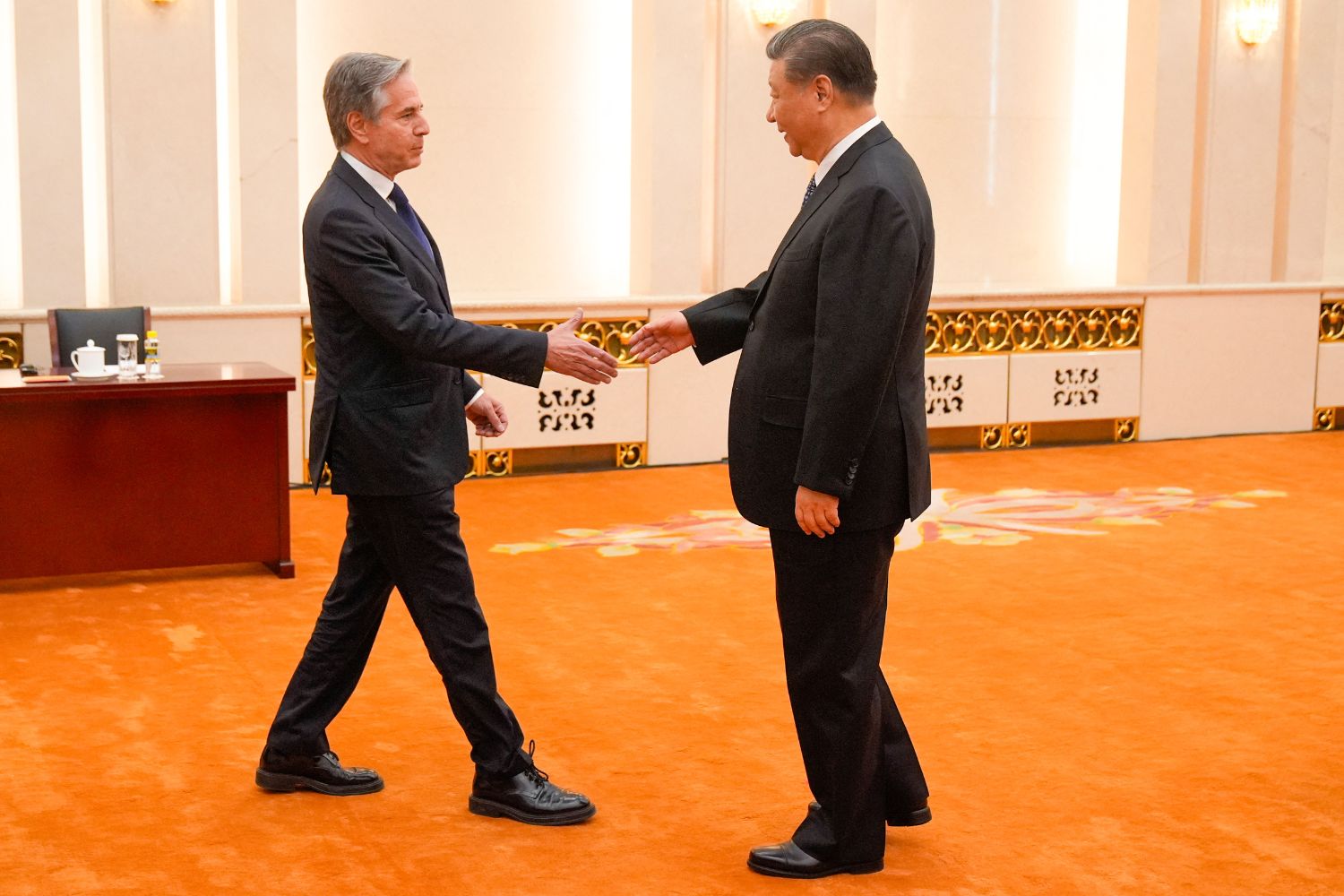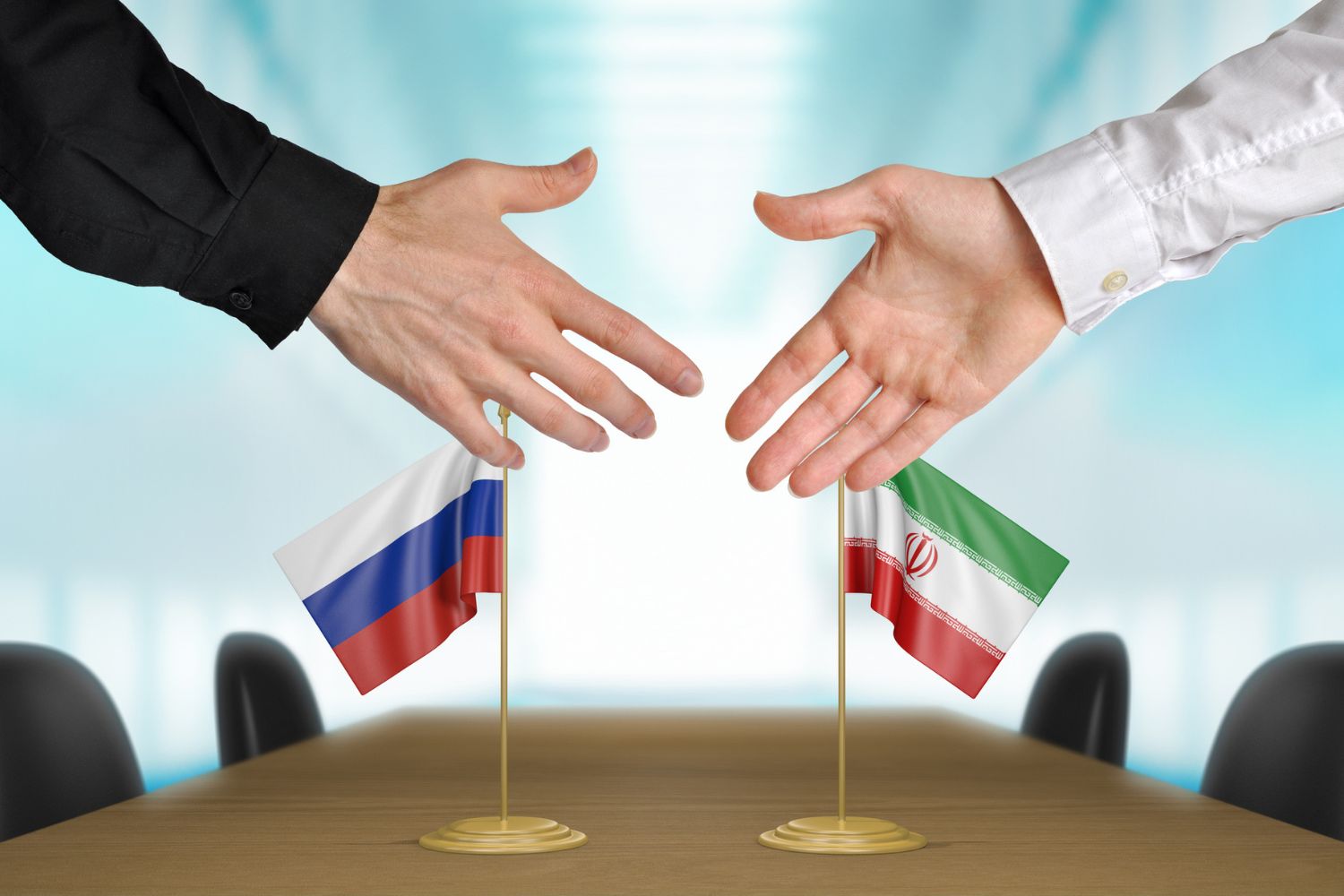Leena Adel, Curtin University and Ben Rich, Curtin University
In recent days, three Israeli-linked commercial vessels were targeted by ballistic missiles and drones launched by Yemen’s Houthi rebels, marking a clear escalation in maritime attacks in the critical Bab el Mandab strait between the Red Sea and Gulf of Aden.
The Houthis have claimed responsibility for two of the attacks, as well as an earlier hijacking of a Japanese-operated cargo ship by helicopter last month.
On Sunday, Houthi military spokesperson Yahya Saree reemphasised that all Israeli-affiliated vessels travelling along the Yemeni coast would be fair game if Israel does not cease its attacks on Gaza, which have claimed the lives of at least 15,500 Palestinians since October 7.
ALSO READ: Israel orders evacuations as it widens offensive, but Palestinians are running out of places to go
Who are the Houthis?
The Iranian-backed Houthis, also known as Ansar Allah, are insurgents that control most of Yemen’s north, including the nation’s capital, Sana’a.
The group emerged in the 1980s as a political-religious revivalist movement out of the Zaydi sect from Yemen’s northern highlands, namely the ancient city of Saada. The movement’s broad motivations emerged from longstanding grievances that left many Zaydis feeling like second-class citizens within the wider Yemeni social and political order.
Many in the Houthi leadership received religious education in Iran before returning to Yemen in the early 2000s and becoming more politically active. The Houthis are not mere Iranian “proxies”, however. Attempts to portray them as such tend to overemphasise this connection and ignore the indigenous nature and causes of the movement and its ideology.
The group engaged in ongoing struggles against the Ali Abdullah Saleh-led Yemeni government throughout the 2000s, ultimately contributing to its collapse following the 2011 Arab revolts.
Following the Arab Spring and increasing chaos in Yemen, the Houthis gained significant momentum. In 2014, they were able to oust the Saudi-backed transitional government and seize power over much of Yemen, rapidly blitzing into the country’s south – a move that shocked international onlookers in its brazenness and efficacy.
In response, a Saudi- and Emirati-led coalition launched a military intervention, which they believed would rapidly overwhelm the insurgents with their technological superiority.
The operation went awry, however. Thanks to their own tenacity, along with increasing support from Iran, the Houthis were able to bog down the coalition forces into a bloody stalemate. This brought untold misery to the wider Yemeni population, but allowed the Houthis to hold onto power over much of the country’s north. A series of backchannel negotiations led to a halt in the fighting in 2022.
Although peace talks officially commenced in April, Yemen remains in a state of precarious peace. Because this is such a critical time for the Houthis, it begs the question: why are they risking their hard-won gains over a conflict thousands of kilometres away that doesn’t directly involve them?
ALSO READ: Day-long extension of Israel-Hamas truce agreed upon
Why Israel?
The Houthis are part of the so-called “axis of resistance”, an alliance of proxy militant and insurgent groups that Iran has built throughout the region, including in Yemen, Lebanon, Iraq and Syria.
Within this wider context, Israel has attempted to implicate Iran in Red Sea attacks, but Tehran denies it.
To interpret the Houthi attacks on Israel as solely an extension of Iran’s wider geopolitical manoeuvring would be overlooking a crucial Houthi political strategy. The group’s support of the Palestinians is also a way of garnering domestic and regional support for its own position in Yemen.
While many countries in the region have sought a detente with Israel in recent years, it’s clear that support for the Palestinians remains high among the wider Arab population. As such, the Houthis clearly see an opportunity to step into the vacuum and generate positive public opinion for their cause.
This not only strengthens the Houthis’ authority at home, but is also critical to reinforcing the legitimacy of the Houthis as Yemen’s governing authority in the eyes of the international community.
ALSO READ: Israel-Hamas truce begins, hostages to be released
Why is the Bab el Mandab Strait important?
Yemen has always been at the centre of regional geopolitics due to its strategic location on the Bab el Mandab Strait, also known as the “Gate of Tears,” which separates the Red Sea from the Gulf of Aden and the Indian Ocean beyond.
Because vessels need to traverse the 30-kilometre-wide strait to travel between Europe and Asia (via the Suez Canal), it serves a pivotal role in global trade and energy security. Oil and natural gas shipments pass through the strait from the Middle East to Europe and North America.
Historically, the strait is no stranger to conflict. In 1973, for instance, Egypt blockaded the strait to prevent ships from reaching Israel during the October war.
The Houthis are aware of how critical this waterway is. And its attacks on the vessels, which may seem to be a nuisance for now, could potentially cause larger problems for Israel and its allies.
For Israel, diverting its shipments to Asia around the southern tip of Africa – instead of through the Red Sea – would significantly increase shipping costs and transit times.
Any disruption to this trading route would have serious global economic costs, as well. Global maritime insurance companies are already hiking their prices and limiting their coverage of high-risk shipping as a direct result of the Houthi attacks.
The Houthi threat also serves to ratchet up the wider tensions in the region, potentially changing the calculus of the US and Israel, who might become more cautious in their actions as a result.
For the Houthis, these provocations are ultimately low cost and high return. Given the insurgent, battle-hardened and dispersed nature of the group, for example, it would be difficult for Israel or its allies to try to respond to the attacks. So, as long as the war in Gaza drags on, the Houthis will likely continue to play a disruptive role and look for new ways to create uncertainty and risk in the region.
Leena Adel, PhD Candidate, Political Science and International Relations, Curtin University and Ben Rich, Senior lecturer in History and International Relations, Curtin University
*This article is republished from The Conversation under a Creative Commons license. Read the original article.












